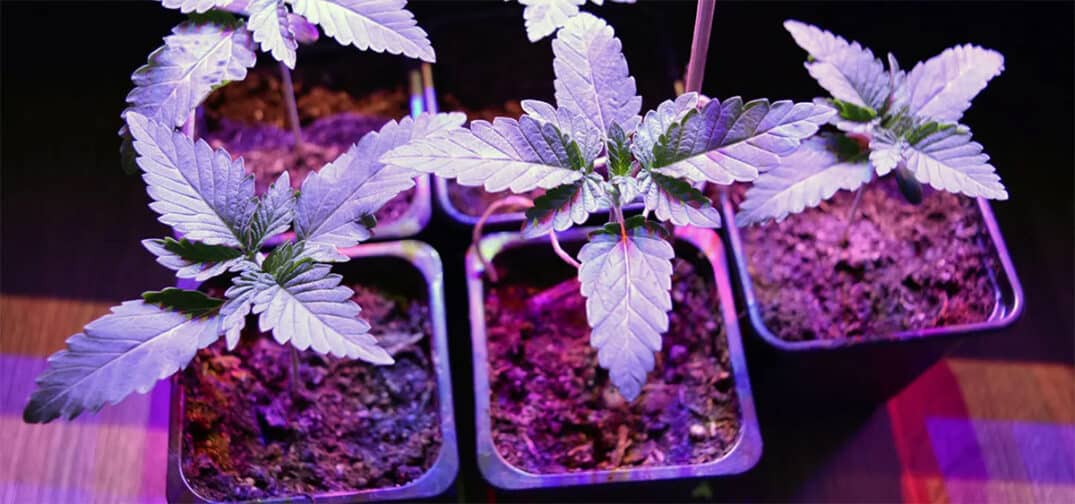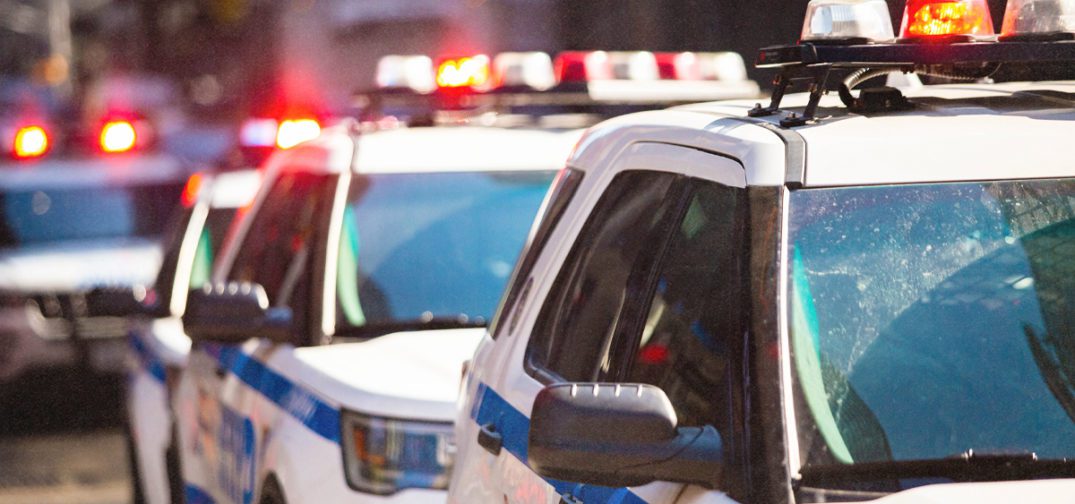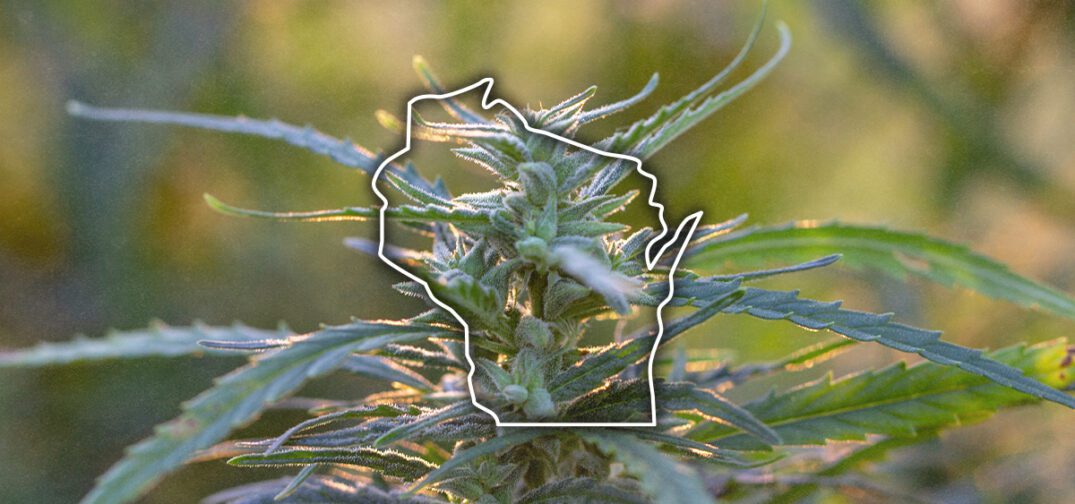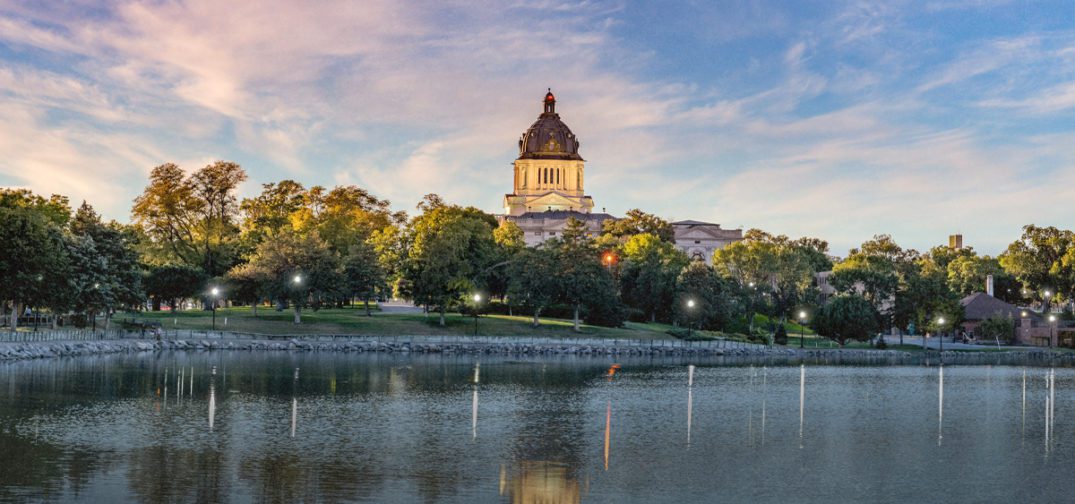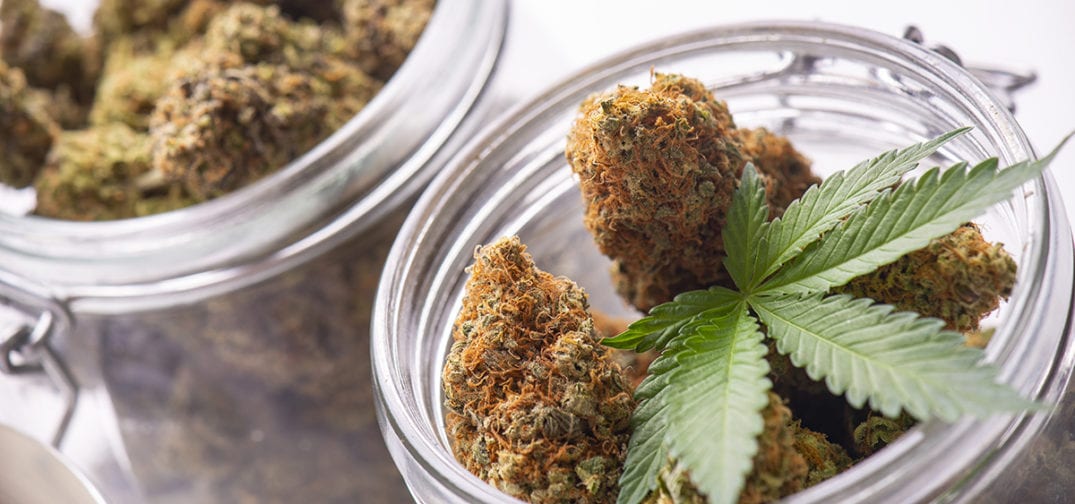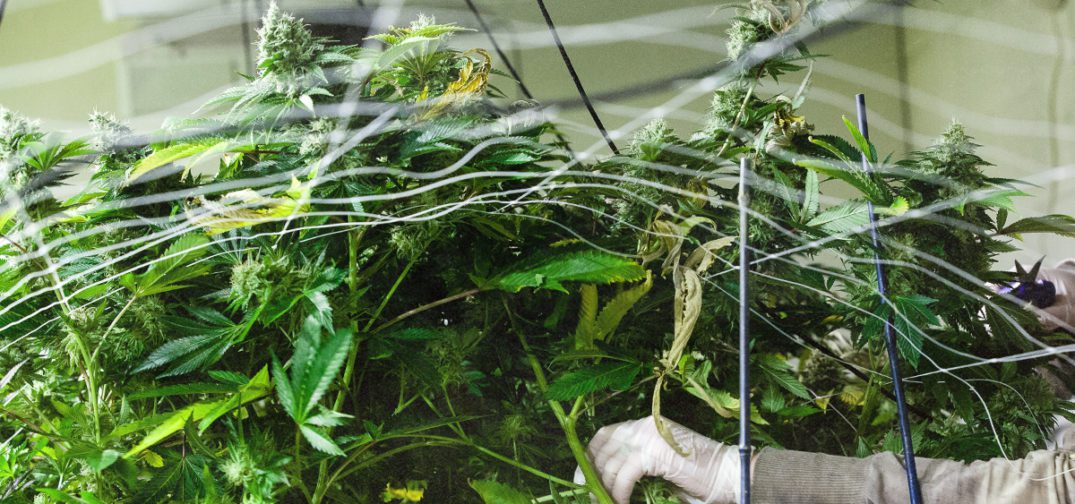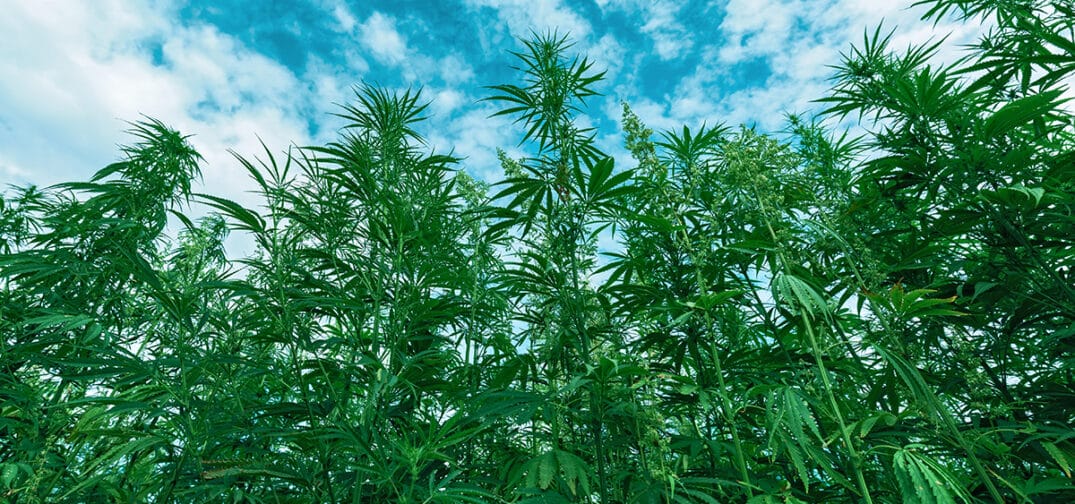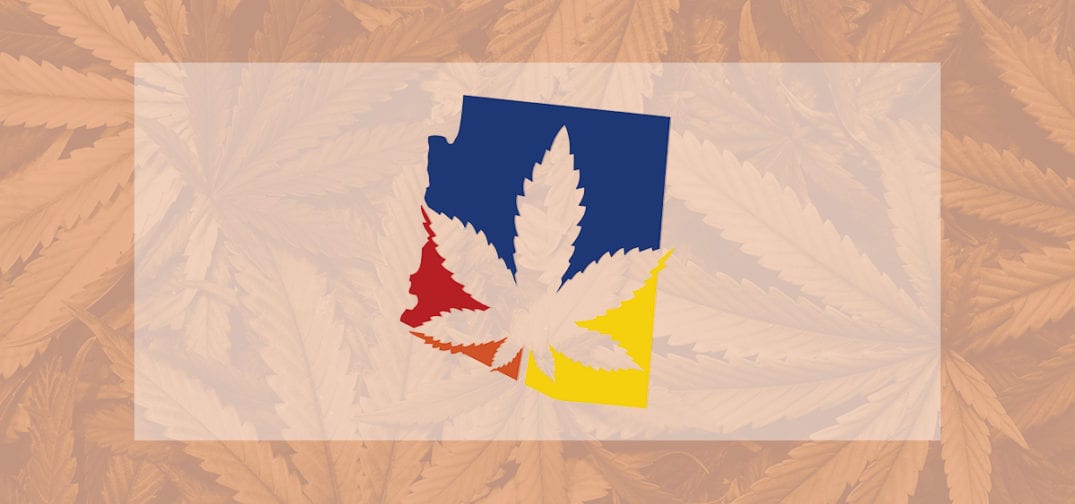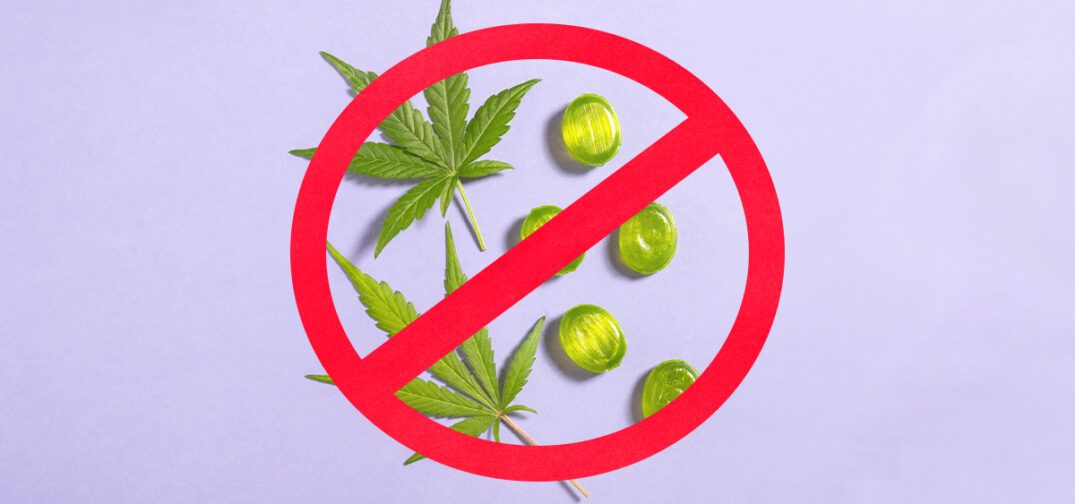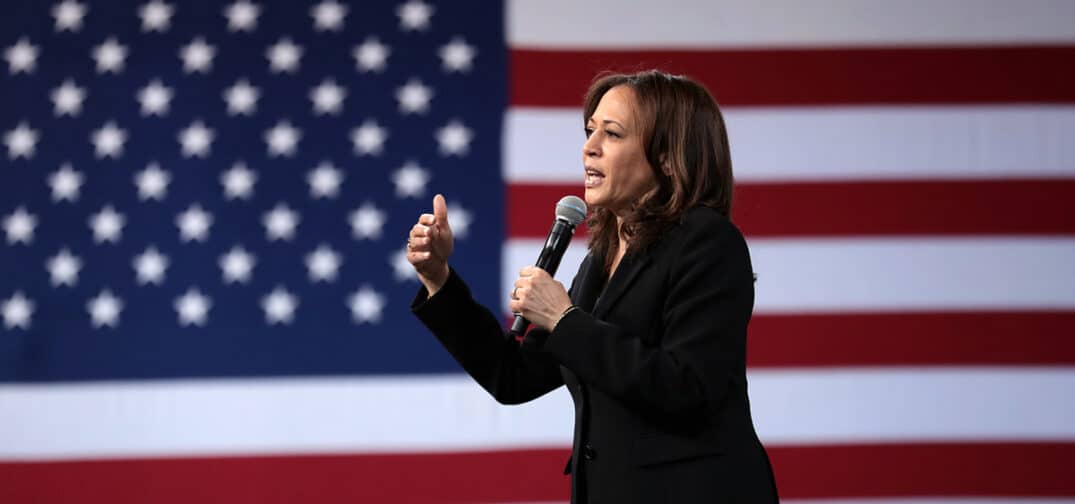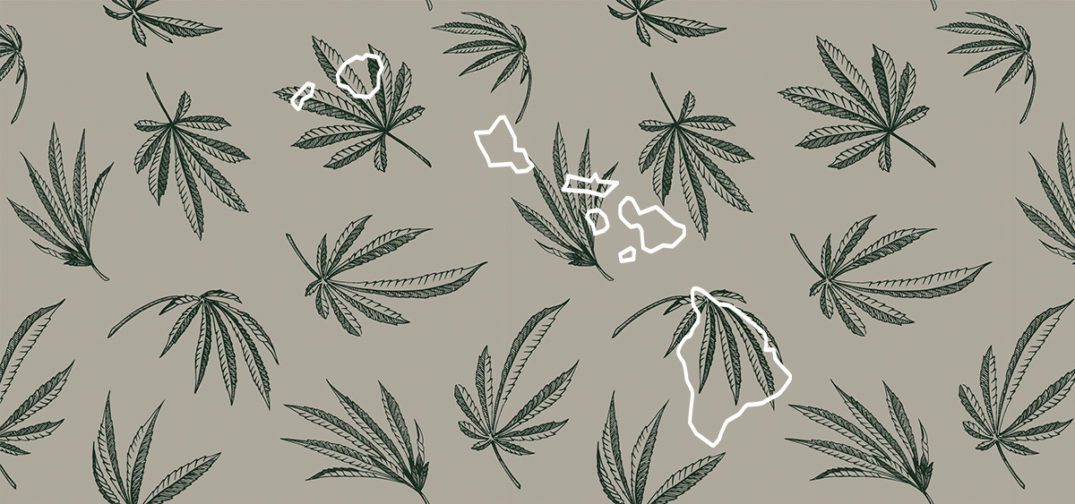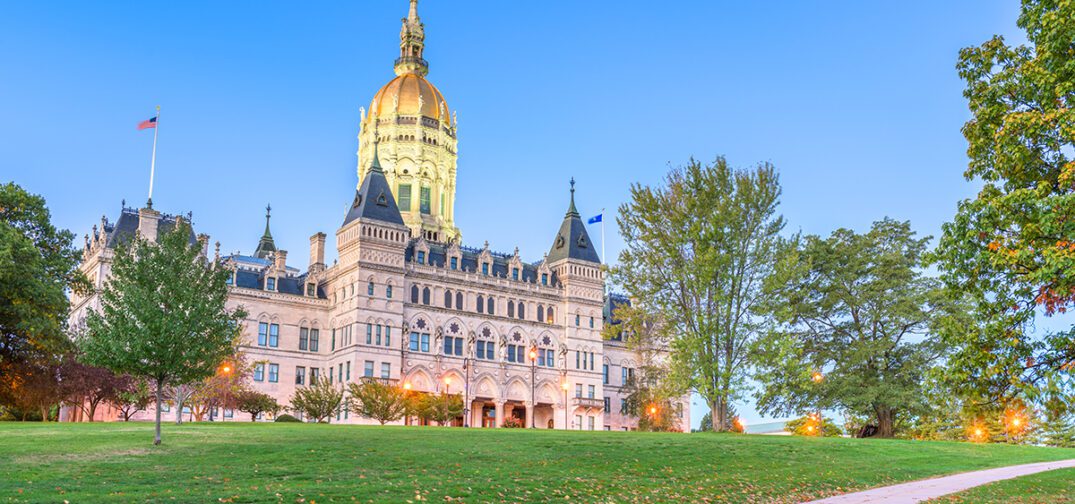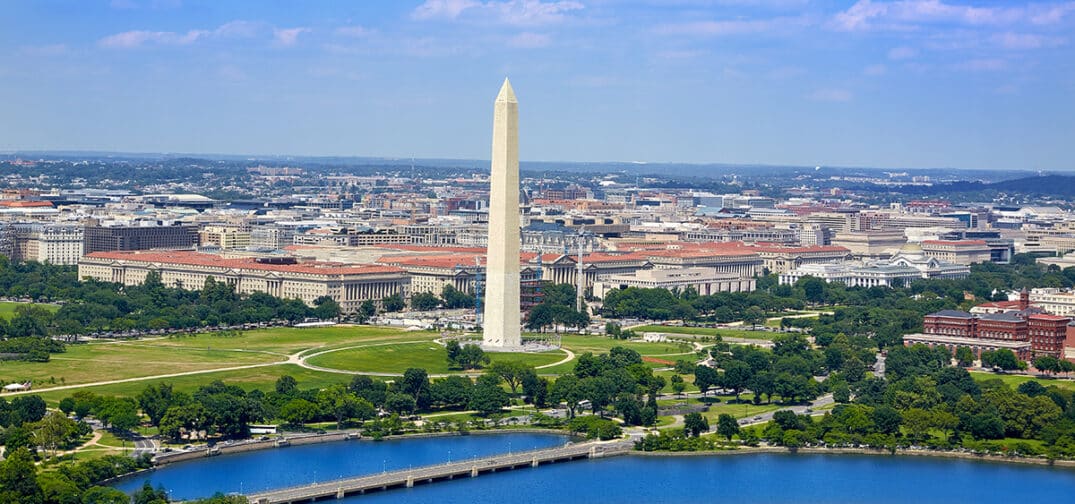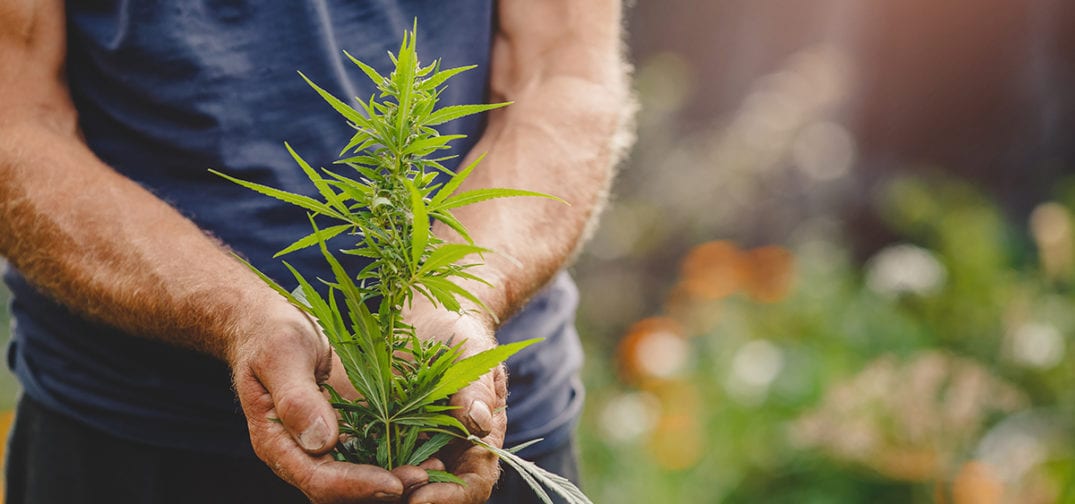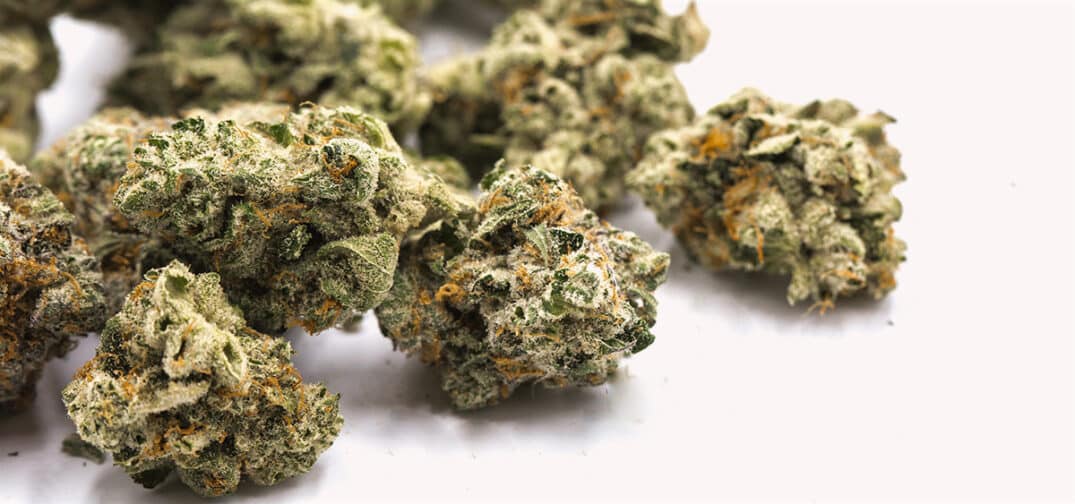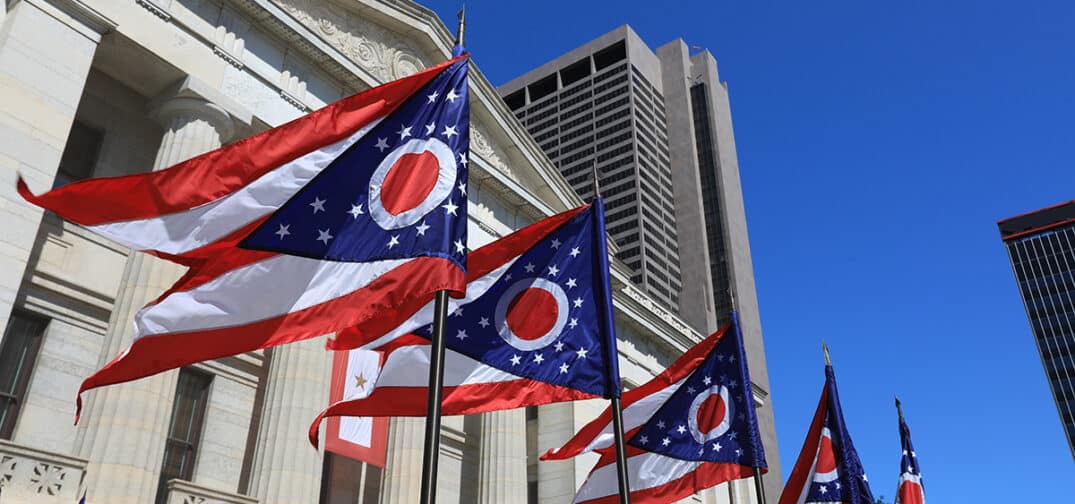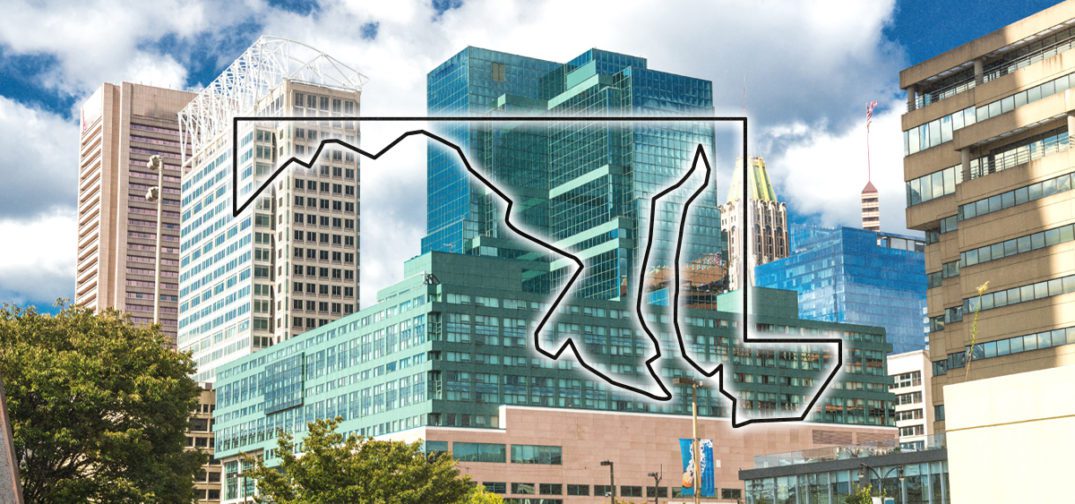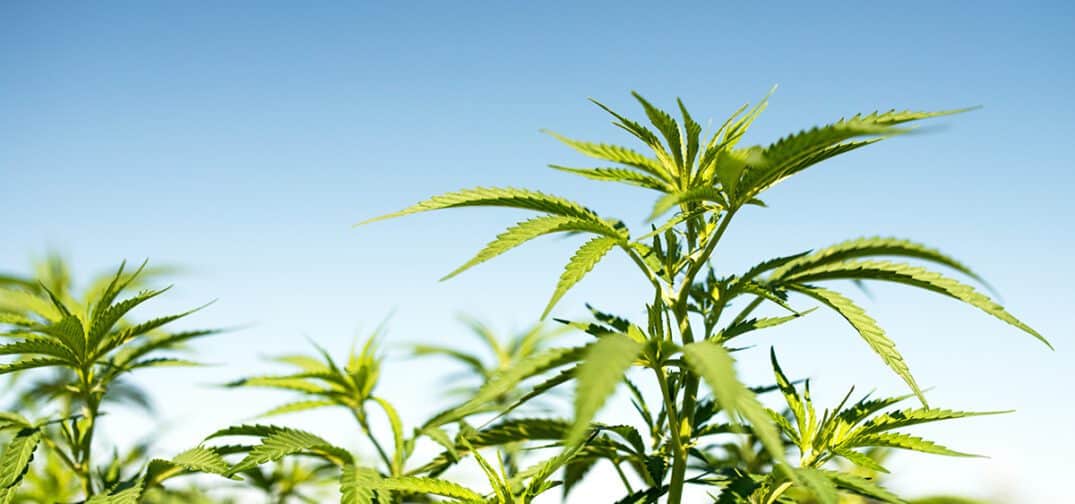A constitutional amendment to legalize cannabis for adult use has been filed in Arkansas, the Arkansas Democrat-Gazette reports. The proposed ballot language was submitted to the state attorney general’s office last week for review. The attorney general has until April 2 to issue a response.
To get the question on November ballots, the petition will need 90,704 signatures submitted to the secretary of state by July 5.
Under the amendment, residents would be allowed to purchase up to four ounces of smokeable or vaporizable cannabis a day, cultivate up to 12 plants, and purchase “any quantity” of cannabis seeds or cannabis food and beverage products.
The measure would allow two classes of licenses: a Class A license, which “would permit the possession, cultivation, transport and sale of recreational marijuana plants and seeds” and a Class B license which “would permit the possession, cultivation, production, transport and sale of recreational marijuana plants, seeds, and permits the production and sale of produced from the plant,” according to the amendment’s ballot title outlined by the Democrat-Gazette. The licenses would require applicants to have resided in the state for at least three years and include a maximum $250 annual fee for a Class A license and a maximum $500 annual fee for a Class B license.
The proposal includes an 8% excise tax and 5% local sales tax and bans on sales within 1,500 feet of schools, churches, and daycare facilities.
Arkansas voters in 2022 rejected a similar proposal.
In February, Arkansas Attorney General Tim Griffin (R) approved a ballot initiative seeking to improve medical cannabis access in the state. That initiative includes a trigger law that would legalize adult-use cannabis were cannabis to be decriminalized federally.
End

